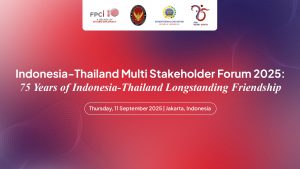Trade protectionism, a policy adopted by nations to safeguard their domestic industries from foreign competition, has long been a contentious issue in the realm of international economics. The rationale behind protectionism often centers on protecting emerging industries, preserving jobs, and maintaining national security. However, these measures can also lead to trade wars, inefficiencies, and higher costs for consumers. As countries navigate the complexities of globalization, the debate over the merits and drawbacks of protectionism versus free trade continues to shape economic policies and international relations. In recent years, trade protectionism has resurged as a significant factor influencing global markets. Major economies, including the United States and China, have engaged in tit-for-tat tariff escalations, profoundly impacting global supply chains and economic stability. As the world becomes increasingly interconnected, understanding the dynamics of trade protectionism and its implications for international cooperation, economic growth, and global trade norms is more crucial than ever. Against this background, Foreign Policy Community of Indonesia brought back a Global Town Hall Series on “Balancing Interest: A North-South Dialogue on Trade Protectionism” to delve into the different perspectives between the Global North and Global South countries.
Balancing Interest: A North-South Dialogue on Trade Protectionism





